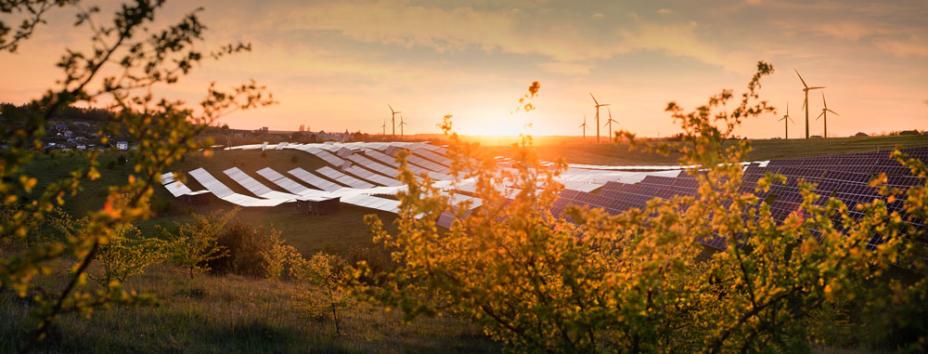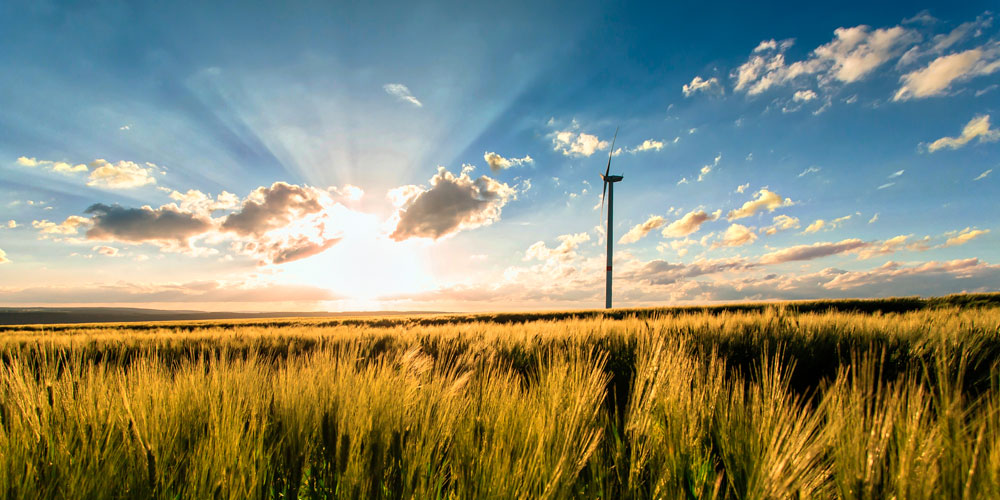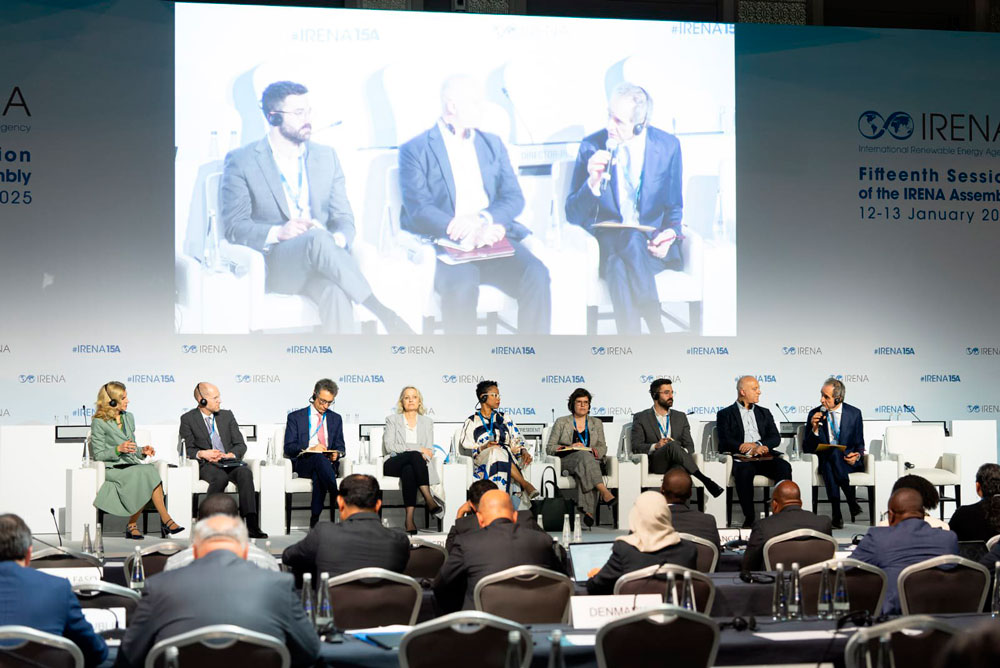News
The global challenge of renewable energy
Uneven progress but full of opportunities

“
The growth of renewable energy continues to break records worldwide, yet the energy transition remains far from homogeneous. While countries like Spain see the ambitious goal of tripling renewable capacity by 2030 as an opportunity, other regions, particularly Africa, lag behind. This issue was the central theme of the 15th Annual Assembly of the International Renewable Energy Agency (IRENA), recently held in Abu Dhabi.
Global Growth: A Record with Imbalances
Francesco La Camera, Director-General of IRENA, highlighted that in 2024, 500 GW of new renewable capacity was added globally, surpassing the 473 GW recorded in 2023. However, only 1.6% of this new capacity was installed in Africa, a region with vast renewable energy potential but significant barriers to development.
Asia, Europe, and North America account for almost 85% of the global installed capacity, underscoring the unequal distribution of this energy transition. "This represents a major missed opportunity for sustainable development in Africa," stated La Camera, who also stressed the need to accelerate global investments, which currently fall far short of the $1.5 trillion annually required to meet climate targets.

Spain's Role: Leadership and Commitment
Amidst this inequality, Spain emerges as a leader in the promotion of renewable energy. According to Joan Groizard, Secretary of State for Energy, who was also present at the Assembly, the goal of tripling renewable capacity should be seen as "an opportunity rather than a challenge."
In 2024, Spain achieved a historic milestone: renewables generated 56% of its electricity. This progress reinforces its commitment to the agreements made at the COP28 Climate Summit and positions the country as a key player in fulfilling the Dubai Consensus, which calls for tripling clean energy capacity and doubling energy efficiency by 2030.
Groizard also expressed his support for Brazil, which will preside over COP30 in the Amazon at the end of the year, highlighting the importance of ensuring a fair and equitable energy transition, a priority shared by both countries.

The Climate Emergency as a Backdrop
Global warming remains the key driver of the energy transition. In 2024, the world experienced its hottest year on record, surpassing the 1.5ºC temperature increase above pre-industrial levels (1850-1900) for the first time.
This climate emergency underscores the need for collective action. According to António Guterres, UN Secretary-General, countries must abandon fossil fuels and adopt clean energy "immediately." However, investment inequality remains an obstacle. Since 2016, only $105 billion has been allocated to developing countries, while 80% of clean energy investments are concentrated in China and other advanced economies.
The Road to 2030: Challenges and Opportunities
The global landscape makes it clear that the energy transition is progressing, but unevenly. Closing this gap requires a collective effort that includes massive investments, strong regulatory frameworks, and firm political will.
Regions like Africa need strategic support to unlock their renewable potential and ensure electricity access for millions. At the same time, countries like Spain demonstrate that the energy transition can be an opportunity to lead a sustainable future.
“
Tripling renewable energy by 2030 is not only a climate imperative but also an opportunity to transform the global energy system into one that is fairer, cleaner, and more resilient. The clock is ticking, and the next five years will be crucial to achieving this goal.